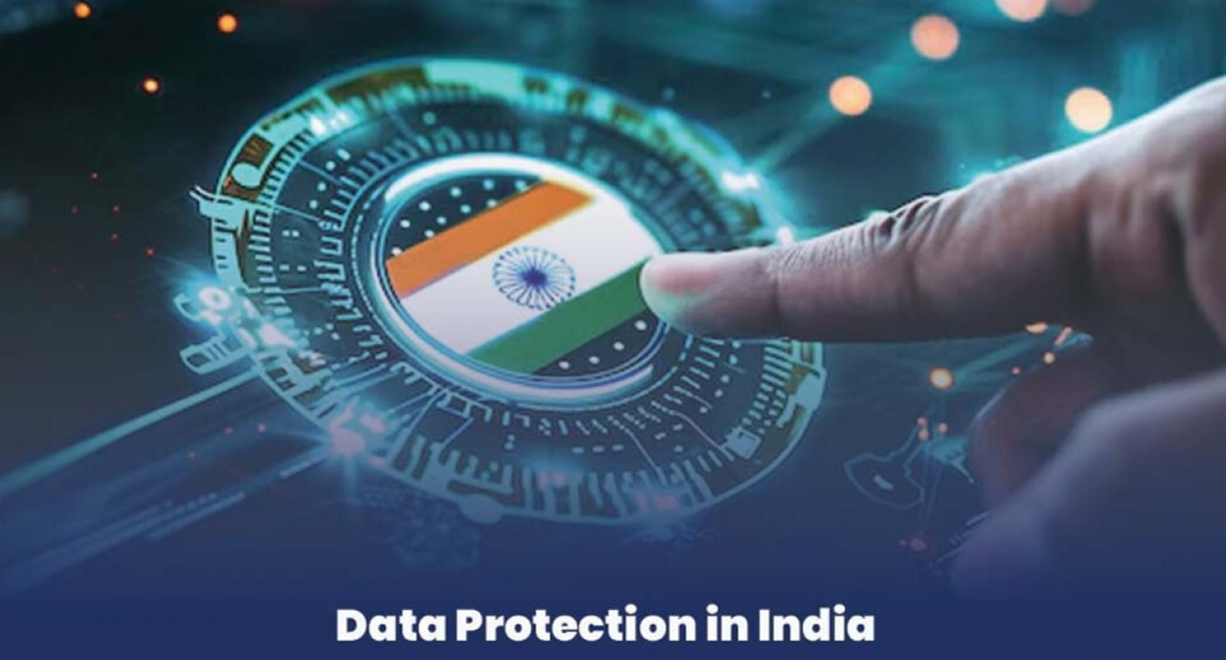DPDPA Compliance in India
Protecting Digital Personal Data. Ensuring Compliance. Assisting organizations in aligning with India's Digital Personal Data Protection Act (DPDPA) 2023.
The Digital Personal Data Protection Act (DPDPA) 2023 is India's comprehensive legislation aimed at safeguarding digital personal data. Enacted on August 11, 2023, and effective from September 1, 2023, the DPDPA establishes a framework for processing digital personal data in a manner that recognizes both the right of individuals to protect their personal data and the need to process such data for lawful purposes.
Applicability:
- The DPDPA applies to the processing of digital personal data within India and to processing outside India if it involves offering goods or services to individuals in India.
Roles Defined:
- Data Fiduciary: Entities that determine the purpose and means of processing personal data.
- Data Principal: The individual to whom the personal data relates.
Consent-Based Processing:
- Processing of personal data requires clear and informed consent from the Data Principal, with certain legitimate use exceptions.
Rights of Data Principals:
- Right to access personal data.
- Right to correction and erasure.
- Right to grievance redressal.
- Right to nominate a representative for data rights in case of death or incapacity.
1. Data Mapping and Consent Management
- Identify and map personal data flows within your organization.
- Implement consent mechanisms aligned with DPDPA requirements.
2. Security Measures and Breach Response
- Deploy robust security protocols to protect personal data.
- Establish breach detection and response strategies, including timely notification to the Data Protection Board of India and affected Data Principals.
3. Rights Management
- Facilitate Data Principals' rights to access, correct, and erase their data.
- Manage grievance redressal processes effectively.
4. Training and Awareness
- Conduct training programs to educate employees about DPDPA obligations and best practices.
DPDPA streamlines the model into three levels:
Non-compliance with the DPDPA can lead to significant penalties:
- Up to INR 250 crore for breaches related to data security and unauthorized processing.
- Up to INR 50 crore for violations not specifically categorized but still constituting non-compliance.
These penalties underscore the importance of adhering to the DPDPA's provisions to avoid substantial financial and reputational damage.

Resecurity is committed to assisting organizations in achieving and maintaining compliance with the DPDPA. Our comprehensive solutions are designed to:
Ensure lawful processing of personal data.
Protect against data breaches and unauthorized access.
Uphold the rights of Data Principals.
Mitigate risks associated with non-compliance

Los Angeles, CA 90071 Google Maps

